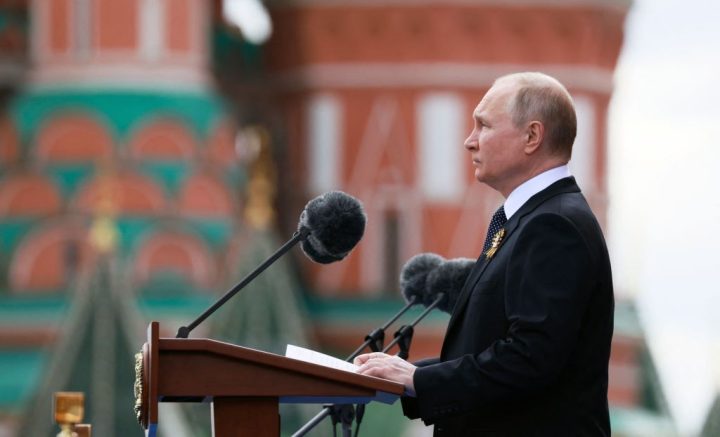In the Russian calendar 9 May holds near-religious significance. Celebrating the Soviet victory over Nazi Germany at the end of the Second World War, the occasion is considered Russia’s biggest patriotic celebration of the year.
Last year, following the invasion of Ukraine, the holiday took on a jingoistic significance for the Kremlin as Putin stoked up nationalist fervour to legitimise his war. This year’s celebrations, however, are shaping up to be a muted affair. More than 20 cities across Russia have cancelled their Victory Day parades. Marches of the ‘Immortal Regiment’, during which ordinary people parade through the streets carrying portraits of relatives who served and died during the war, as well as in the Afghan and Chechen wars, have been moved online. For now, despite an alleged drone attack on the Kremlin on 3 May, the one in Moscow is still scheduled to go ahead tomorrow. But outside the capital, the celebrations are being scaled back.
Whoever was to blame, the Kremlin drone attack provides convenient justification for scaling back tomorrow’s celebrations
The Kremlin has suggested heightened security concerns are to blame. Over








Comments
Join the debate for just $5 for 3 months
Be part of the conversation with other Spectator readers by getting your first three months for $5.
UNLOCK ACCESS Just $5 for 3 monthsAlready a subscriber? Log in